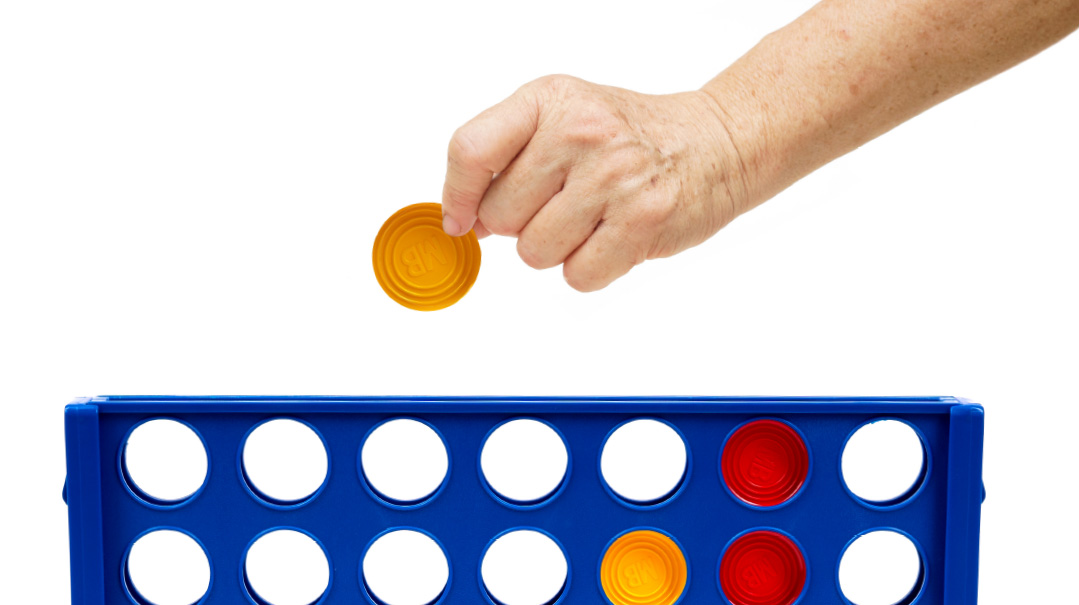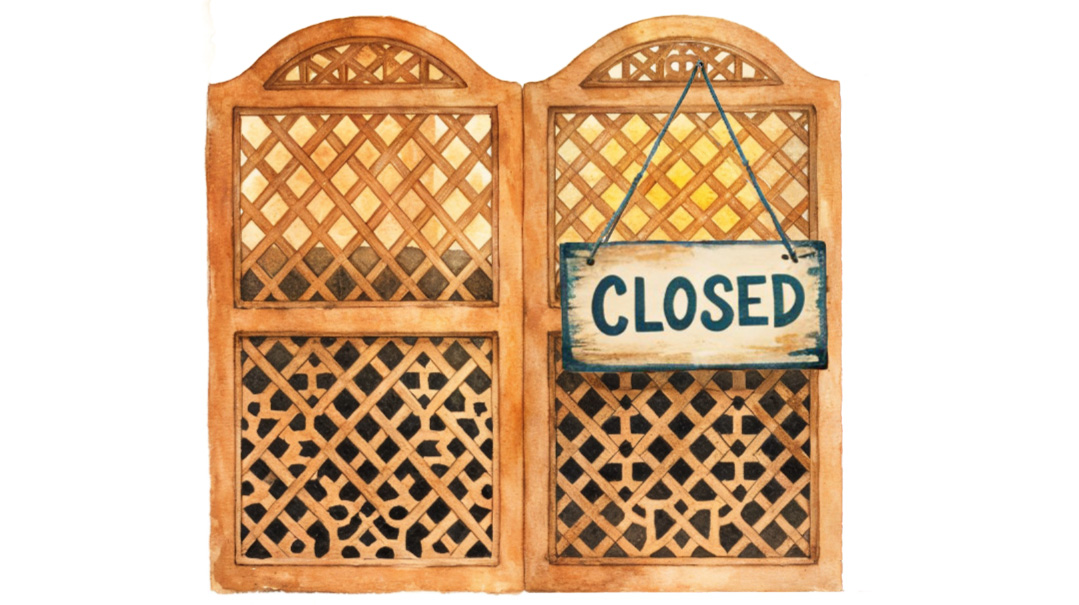Adopt-a-Bubby
| August 22, 2023What kind of parent was I, bringing her into this unaware?

I’ve always been a bit too quick to say yes.
A meal for the new mom, same day as a student’s wedding; guests for Shabbos when we promised ourselves a week off....
So I know exactly why I didn’t even think twice — or once — when Galya asked me about finding someone in my neighborhood to visit her bubby in our local nursing home.
“Ooooh, you live in Sanhedria Murchevet? I’ve been looking for—”
“I’d love to! My daughter is nine, and she’s super social, I’ll bring her, too. We can play games!”
Galya was thrilled.
Reality set in that Erev Shabbos when Galya called to give me instructions. “And by the way,” she said, “she’s totally with-it. She’s in a more protective ward, it’s just ’cuz she can’t walk. She’s completely with-it. You can schmooze and play games with her, easy ones, you know?”
Okay, I decided. We’d try it once. Then we’d find another woman who saw bringing joy to the elderly as her G-d-given calling.
Mine, it most certainly wasn’t.
So there I was, at 3:45 p.m. on Shabbos, standing outside Beit Bayer for the Aged in the late afternoon glow of the sun. My daughter Chaya Gittel could barely contain her excitement as she walked in to meet our new “adopted” bubby.
Upon reaching the second floor, I was hit with the urge to turn around and go home. It wasn’t the sight of wheelchair-bound bodies, nor the wrinkled and crinkled faces. It wasn’t the arms slumped motionless. It wasn’t the blank expressions that stared at us from all sides, the moaning in the distance.
It was the smell.
I couldn’t tell you what it came from, but I knew exactly where it came from.
Grandma’s room.
Grandma Lillian had a stroke when I was seven. She was in and out of the hospital, on and off the feeding tube, and aide after aide came to live with us and care for her. She lived with us, in my sister’s old bedroom, adjacent to mine. And for those two years, whether she was there or in the hospital, every time I left my own room, this is what I smelled.
Chaya Gittel looked up at me, her eyes no longer wide with excitement. They now conveyed the fear of a little girl who had no experience with the sick and elderly. What kind of parent was I, bringing her into this unaware?
But Galya’s bubby was expecting us. So I held my daughter’s hand firmly and kept walking. I explained the importance of the mitzvah we were about to do and led her into the lounge where Galya’s bubby sat.
Bubby Miriam wore a pink tichel that covered what was left of her gray hair. A plastic tube extended from her nostrils to a machine at her side, and for all that Galya had told us she was with-it, she didn’t seem to understand a word we said.
“I’m Mindel, this is my daughter….”
Cough, grunt.
I kept going, trying to make small talk, and then said, “We brought Connect Four. Do you know how to play?”
After one round of helping Miriam’s shaky hands drop the pieces into the frame, we excused ourselves to go home. Miriam didn’t seem to mind.
As we left, Chaya Gittel said to me, “Mommy, it makes me sad to see the people like that.” I said some encouraging words, which honestly were much more for me than for her.
If it wasn’t for Galya’s enthusiastic call on Sunday, I never would have gone back. “Omigosh, you have no idea how amazing it was that you went!” she told me. “Bubby said you brought your adorable daughter and even played a game. Thank you!”
So underneath the breathing tubes and grunting, someone was there? Our visit had made a difference? We went back. This time, Bubby Miriam’s face lit up in greeting us, and we had fun talking to her and hearing about her childhood.
We returned the following Shabbos, this time with photo albums from our family trips. Turns out, Bubby Miriam knew how to crack a joke or two and had us chuckling along with her.
Each week, as I walk those halls toward Bubby Miriam’s seat, I overcome my childhood memories of old and dying people, of the smell of Grandma’s room. And I remind myself of what I told Chaya Gittel when we left Beit Bayer that very first week: “I also felt sad seeing them, but then I thought — that’s what they see all day long! We look so happy and healthy, so we have a responsibility to share our bright faces with them.”
The responsibility has become a privilege.
(Originally featured in Family First, Issue 857)
Oops! We could not locate your form.







